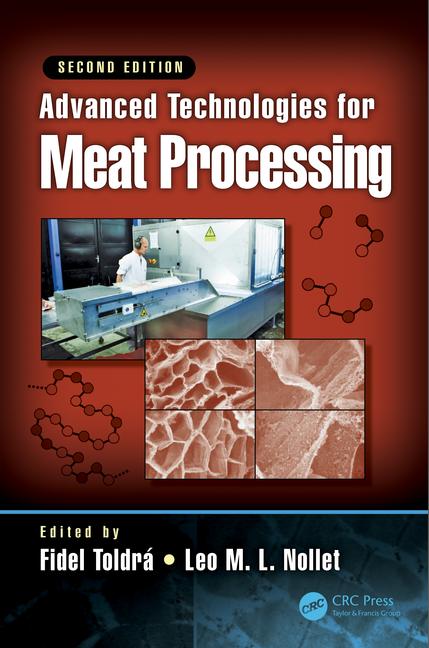The Kremlin is asserting that its decision to ban beef and pork imports with ractopamine was based on food safety and not retaliation for a human rights bill passed by the U.S. Senate.
"It doesn't matter how much (the beef testing ban) is being politicized in the United States. What we care about are the reasons behind these decisions," Kremlin spokesman Dmitry Peskov told reporters on Tuesday, reports Reuters.
The day that Russia demanded that U.S. and Canadian beef and pork imports be certified to be free of the feed additive ractopamine, the Senate voted on a measure to “name and shame” human rights violators as part of a bill expanding trade with Russia. Some analysts said that the passage of this “Magnitsky list,” named after Sergei Magnitsky, a hedge fund lawyer who died in prison during a corruption investigation, led to the ban.
The new requirement would potentially make the United States, which exports more than $500 million a year worth of beef and pork to Russia, significantly less competitive and provide an advantage to meat producers in China and the European Union, where ractopamine is banned.
"Russian institutions are responsible for allowing only meat that meets the necessary standards into Russia's customs zone. If a country's food does not meet these standards, Russia's institutions take measures," Peskov said.
"In that case the opinion of our overseas partners is secondary to us compared with the work of our own institutions," he added.
Source: Reuters







